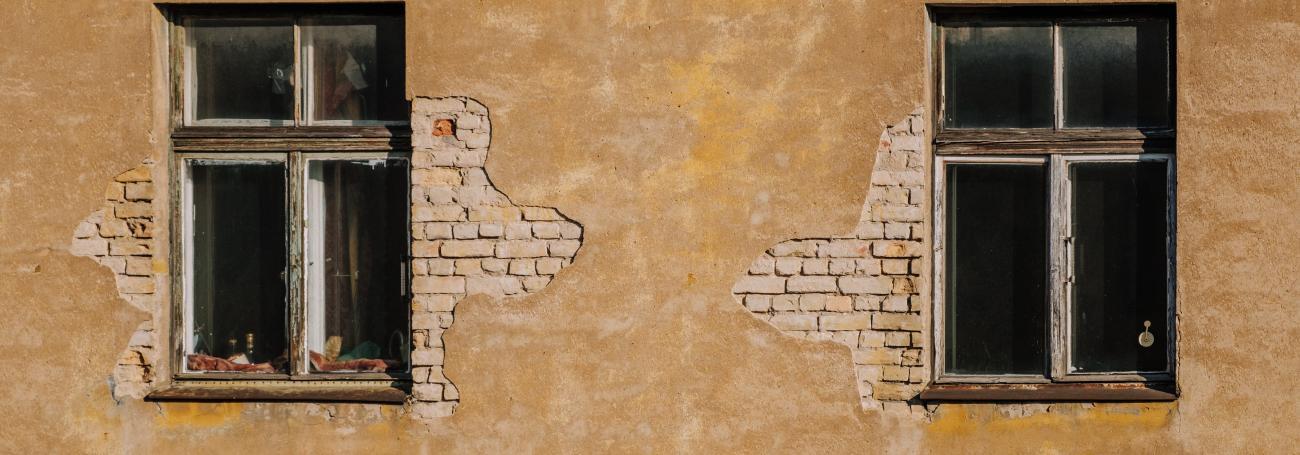
Coordinator: Juvenile Justice Department of the Italian Ministry of Justice
Partners: European Forum for Restorative Justice (Belgium), Instituto Psicoanalitico per le Ricerche Sociali (Italy), Catholic University of Leuven (Belgium ) and University of Leeds ( UK ).
Researcher: Anniek Gielen
Duration: 28 months (27/12/2008 – 27/04/2011)
Funding: With financial support of the European Commission – Directorate-General Justice, Freedom and Security.
Summary of project : By restorative justice programmes we can understand any programme that uses restorative justice processes – meaning a form of communication between all the parties immediately involved – and seeks to achieve restorative outcomes. An outcome can be understood in terms of victim satisfaction, offender satisfaction, better understanding, fulfillment of restitution agreements, etc. What if we interpret the outcome in function of crime prevention? More specifically: Does participating in restorative justice programmes reduce future re-offending? Can restorative justice have meaning as turning point in one’s criminal course of life in order to desist from crime? Can restorative justice prevent escalation in terms of future revenge/aggression coming from the victim’s side by restoring damages and giving the chance to regaining personal freedom? And in a more broad sense: Can the existence (and spreading) of this new conflict handling culture and related skills have an impact on society (general prevention)? In sum, there are several dimensions and levels on which the preventive potential of restorative justice processes and outcomes be studied. The project specifically focused on:
- The theoretical study of the connecting points between restorative justice and crime prevention models. Attention will also be paid to specific ethical issues which are raised in this context;
- A research on the extent to which restorative justice is inscribed in either crime prevention policies or other – for example crime victim – policies in the 27 EU Member States and the underlying rationale for this;
- An inventory and analysis of existing empirical research on the effect of restorative justice practices on crime prevention.

